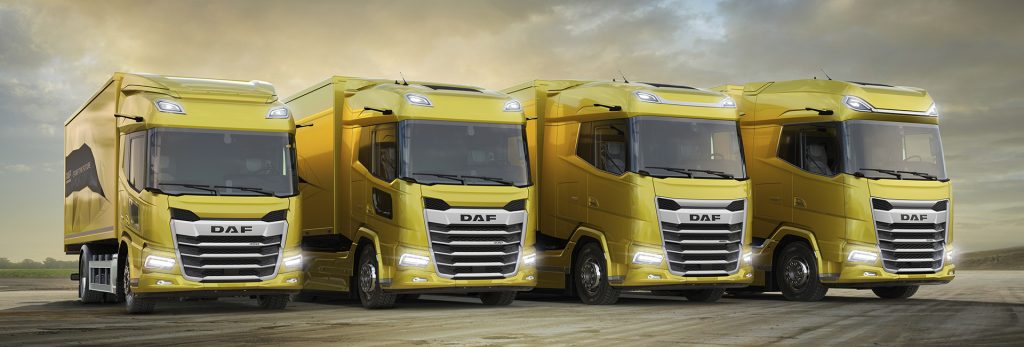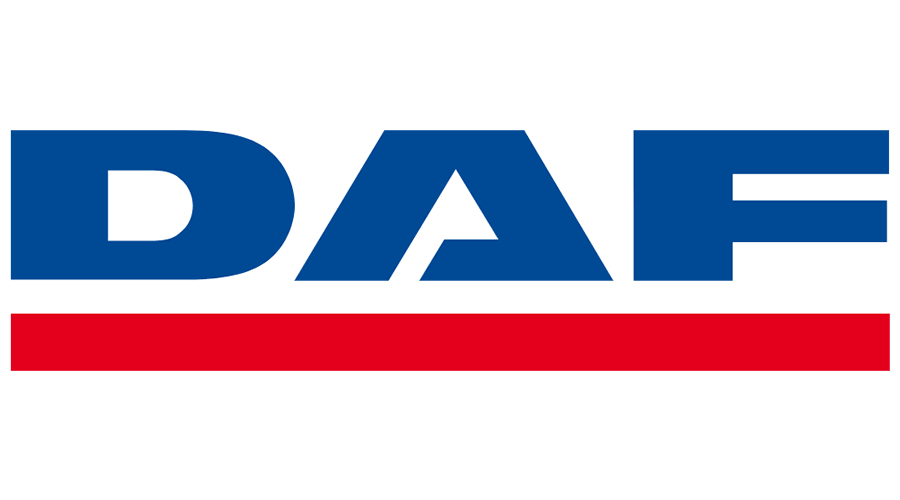
In the ever-evolving world of transportation, staying ahead of the competition means more than just moving goods from point A to point B. It means ensuring that your fleet is not just a mode of transport, but also a strategic financial asset. Truck upgrades are one such investment that can wield significant financial influence on your business. In this article, we will delve into the crucial aspects of evaluating the financial impact of truck upgrades.
Improved Fuel Efficiency
One of the most direct and tangible financial benefits of upgrading your trucks is enhanced fuel efficiency. Newer truck models, equipped with advanced engines and aerodynamics, can significantly reduce fuel consumption. While the upfront cost of upgrading might seem daunting, the long-term savings in fuel expenses will undoubtedly justify the investment.
Reduced Maintenance Expenditure
Newer trucks are often associated with reduced maintenance costs. They feature improved engineering, superior materials, and cutting-edge diagnostics, leading to fewer breakdowns and less downtime. Over time, these reductions can translate into substantial savings, allowing you to allocate resources more efficiently.
Compliance with Regulations
Environmental regulations are becoming increasingly stringent. Older trucks may face limitations and extra costs due to emission standards. Upgrading to trucks that meet the latest environmental requirements not only avoids penalties but also secures your business’s ability to operate in various regions.
Enhanced Payload Capacity
Upgraded trucks often come with increased payload capacity, thanks to advancements in design and materials. This means fewer trips to transport the same amount of goods, leading to higher revenue without the need for additional vehicles.
Driver Productivity and Retention
Modern trucks prioritise driver comfort and safety. Content drivers are more productive and less likely to take sick days or seek employment elsewhere. Reduced turnover rates result in long-term savings by eliminating recruitment and training expenses.
Optimising Resale Value
When the time comes to replace your trucks, upgraded models tend to command better resale values. This added value aids in recouping your initial investment in truck upgrades, softening the financial impact.
Access to Advanced Technologies
Upgraded trucks feature the latest technologies, including advanced telematics systems. These systems can optimise route planning, monitor vehicle performance, and enhance overall operational efficiency. The result is cost savings and smarter decision-making.
Gateway to Business Expansion
Upgrading your fleet can set the stage for business growth. More efficient and dependable trucks empower your company to take on additional contracts and expand your customer base. This translates into increased revenue and profitability.
Evaluating the financial impact of truck upgrades is not just a one-dimensional consideration of upfront costs. It’s about weighing these costs against a multitude of long-term savings and benefits. From fuel efficiency and reduced maintenance costs to compliance with regulations and enhanced payload capacity, every aspect must be carefully analysed. Moreover, upgrades offer opportunities for improved driver retention, advanced technology integration, better resale value, and the potential for business expansion. By making informed decisions, you can transform these upgrades into sound investments that pay dividends in the form of financial stability and a competitive edge in the trucking industry.

